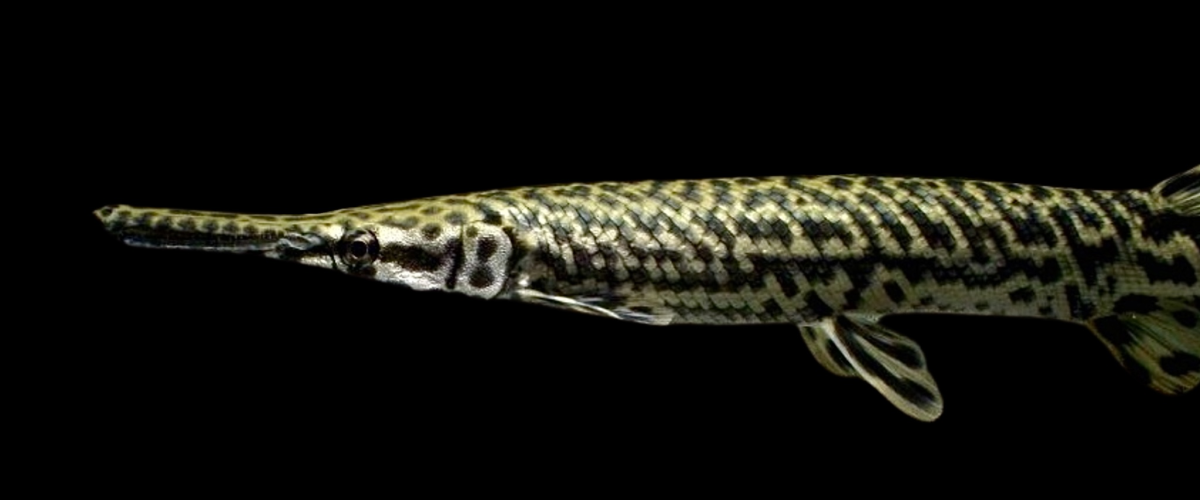
Extremely slow evolution in ‘living fossils’ could inform human health

The remarkably slow evolution of gars, freshwater fish species found in Minnesota lakes and rivers as well as North and Central America, could provide new insights for modern human health.
Gars are from a lineage of fishes that is over 150 million years old. Research recently published in Evolution, uncovers evidence of a biological mechanism for living fossils like gars, those organisms alive today that closely resemble their fossil ancestors.
“We have a lot to learn from animals often, and unfairly, considered trash fish,” said Solomon David, an assistant professor in CFANS and principal investigator of GarLab, which focuses on the ecology and conservation of native rough fish.





